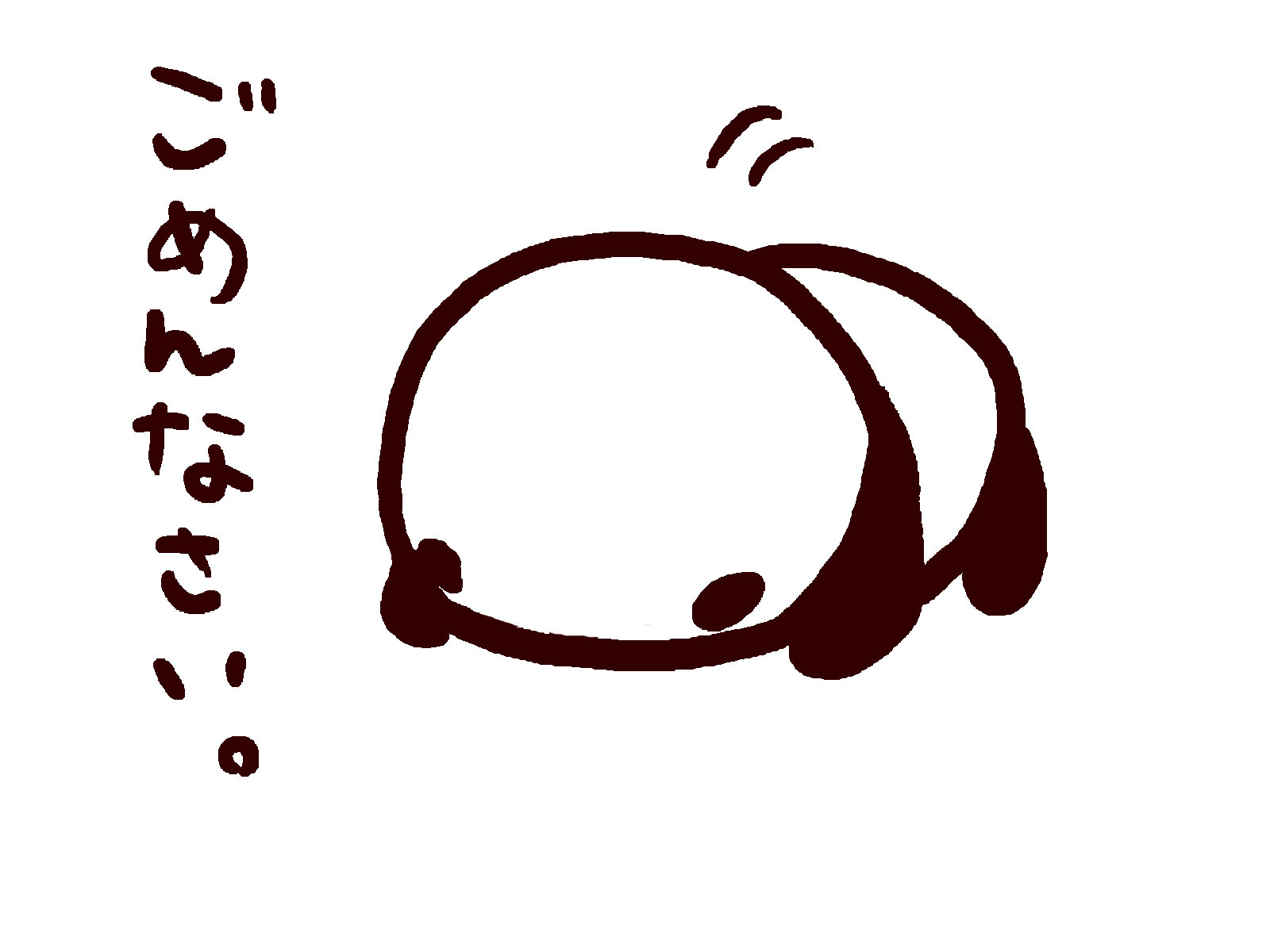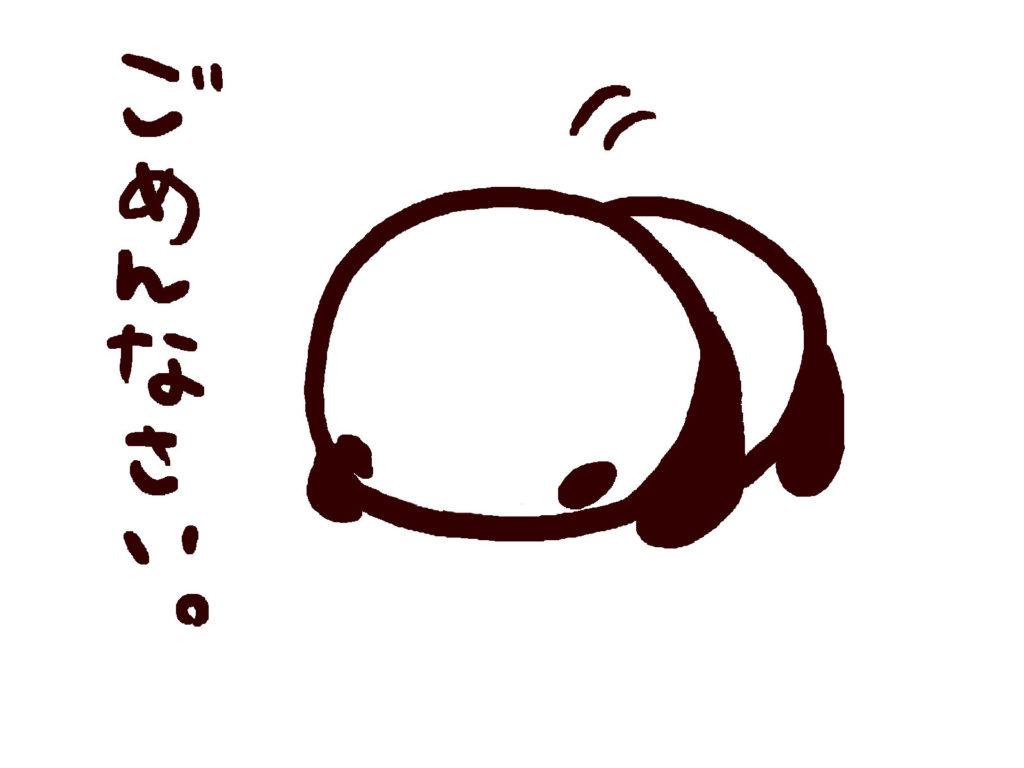I read a blog article of a Japanese lady who lives in Vancouver. She said that she often says “sorry” when it is not really necessary. I totally understood what she is saying because I also say “sorry” so often.
For example:
“Sorry, could you pass me the salt?” —You should say “Excuse me….”
“Sorry, I cannot make it on that day, I have another meeting scheduled.”—You don’t have to apologize, it is not your fault.
Why do we have to say “sorry” so much, even when we don’t have to apologize? I was thinking about this, and one of the reasons is because of the meaning gap between English “sorry” and Japanese “Sumimasen” which means “sorry”.
Japanese people often say “Sumimasen” which is supposed to mean “Excuse me” or ” Sorry”. However, that word is a little confusing, because it sometimes means “Thank you”.
A funny thing is, the Japanese lady in Vancouver says we apologize too much which I agree with, on the other hand, another Japanese lady living somewhere in Canada (I cannot remember) wrote that some Japanese don’t say “Thank you” when they should.
I think all of these came from the confusion of the word “Sumimasen”.
If you have learnt Japanese, your textbook might tell you, “Sumimasen” means “Excuse me”, “Gomen-nasai” means “Sorry”, and “Thank you” is “Arigatou”. In fact, it is not really clear when it comes to Japanese everyday conversation. Lots of people say “Gomen” or “Gomen-nasai” when they want to mean just “Excuse me”, so they are not really apologizing. Also, people say “Sumimasen” to show their “Thank you”.
In some situations, Japanese people say “Sorry”, when most English speakers say “Thank you”. When you had to wait for getting in a restaurant in Japan, you might be said something like “we are sorry for making you wait so long” in Japanese, instead of “Thank you for your patience” in English. So Japanese “Sorry” is English “Thank you” in this case.
It seems that usage of “Sorry” and “Thank you” differs from people to people. Emily Keeler says that Canadian people apologize so much in this article.

Daniel L. Everett, the author of ‘Don’t Sleep, There Are Snakes: Life and Language in the Amazonian Jungle’, said in his book that he was told that Americans say “Thank you” too much, when he was learning Portugues. He lived with a tribe called “Pirahã” in Amazon to study their language and culture, and found that they don’t have any words corresponding “Thank you” or “Sorry”.
To me, it sounds a completely different world without those words, but he said that people show the apologizes or appreciation by their actions, not by the words. If so, it may not be too bad, don’t you think?




Comments